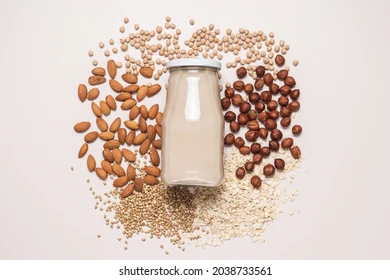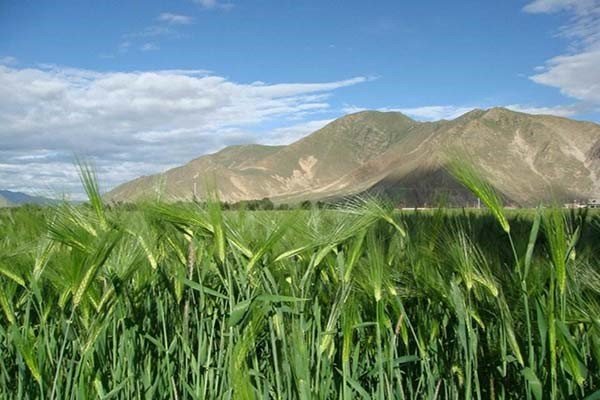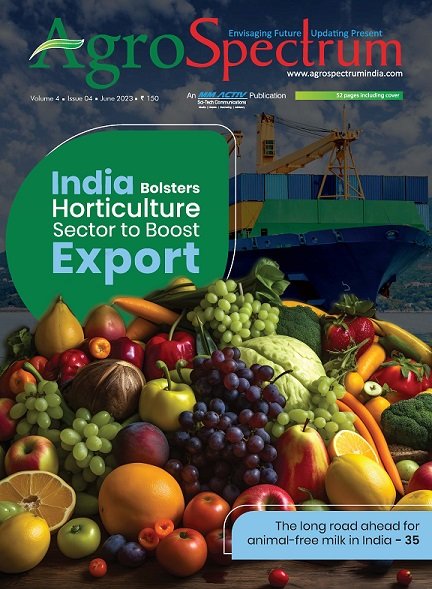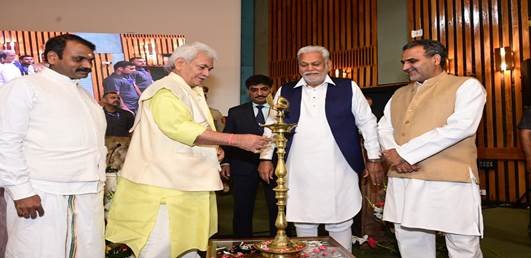SMEs and Startups are helping save carbon emissions
This includes eco-friendly alternatives to conventional products, promoting recycling and waste reduction, using sustainable materials, and offering carbon-neutral or carbon-negative services
Many SMEs or startups are developing and implementing green technologies to reduce carbon emissions. These technologies include renewable energy solutions like solar panels, wind turbines, and energy-efficient systems that help minimise greenhouse gas emissions.
These SMEs and startups are also focusing on developing and offering sustainable products and services. This includes eco-friendly alternatives to conventional products, promoting recycling and waste reduction, using sustainable materials, and offering carbon-neutral or carbon-negative services.
Climate change poses a formidable and urgent challenge in our era, wherein the agricultural industry emerges as a notable contributor to the release of greenhouse gases. Population growth has fueled higher food demand, leading to emissions from various agricultural activities. At SLCM, we recognise the importance of going green and have implemented initiatives like Agri Suraksha and solar cameras. These measures have saved 72 tonnes of CO2 emissions annually. We are committed to taking further actions to ensure the safety and security of agricultural produce while progressing towards sustainability says, Sandeep Sabharwal, Group CEO, of Sohan Lal Commodity Management (SLCM)
Rajamanohar Somasundaram, Founder and CEO of, Aquaconnect adds With the world population having crossed the 8 billion mark, the pressure on food systems is intense, pushing us to redefine the way we produce and consume. Farmed seafood, one of the most sustainable forms of protein production, is steadily emerging as a viable alternative to meet the nutritional requirements of this rapidly growing population. However, producing clean and sustainable protein requires collection action- from the government, impact organisations, startups, and all the players across the seafood value chain. There is a pressing need to promote and implement decarbonisation measures through intelligent tech intervention.
Aquaconnect is focused on building scalable tech models that leverage artificial intelligence and Geo-Spatial technology to decarbonise the seafood value chain. From quantifying emissions and measuring carbon footprints to strategising countermeasures. We believe that the strides we make today can help consumers make responsible choices tomorrow, thereby making the seafood sector a significant player in the global combat against climate change.”
Packaging is one of the industries that generate maximum plastic pollution and needs to work on more sustainable options that are as durable as plastic and are the best alternative to plastic. Achieving a completely sustainable alternative to plastic is not going to be easy but at Bambrew we aim to do so and are working towards it. The packaging that we have developed is 100 per cent sustainable and decomposable and in many ways is as durable as plastic. There is a need to identify the pain points when it comes to the end consumer and burst the myths associated with sustainable options, one being the pricing. The government too has understood the cause of the problem and is taking many initiatives like the ban on single-use plastics. To date, at Bambrew we have been able to save more than 20,000 tonnes of plastic and we aim to save more as we strive to grow and are able to replace plastic with our sustainable business model. Says Vaibhav Anant, Founder, and CEO, of Bambrew
Dr Vibha Tripathi, Founder & MD, of Boon (a water tech startup), says “Indian start-ups and SMEs are leading a green revolution by promoting energy-efficient technology, supply chain management, waste reduction, and production processes.
We being a water-tech startup are pioneering the NetZero Water Initiative. Under this initiative, Boon is replacing plastic water bottles with sustainable glass water bottles across sectors including hospitality, corporates, and government. We have been able to save 548,459 kg of carbon emissions equivalent to planting 26144 trees. We are on a mission to beat plastic pollution while making drinking water accessible and affordable.”
This includes eco-friendly alternatives to conventional products,














